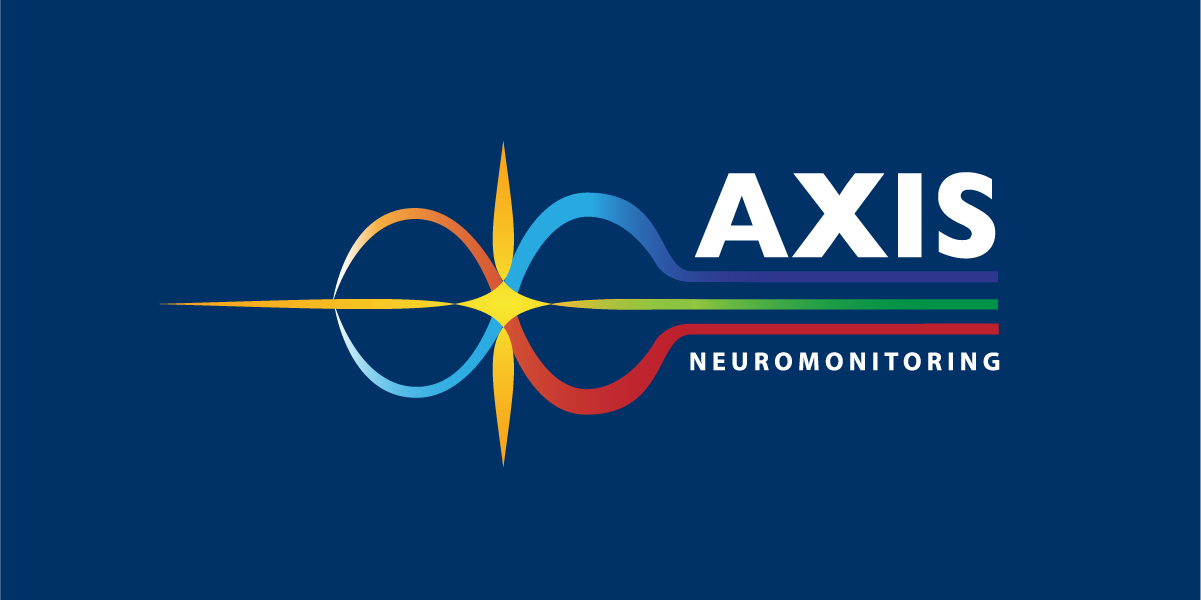New research findings could be key to improving outcomes for some brain cancers
By Admin | April 22, 2019
Researchers from the University of Michigan Rogel Cancer Center have found that a genetic mutation seen in about half of all brain tumors produces a response that prevents radiation treatment from working. Altering that response using US Food and Drug Administration (FDA)-approved drugs restores tumors’ sensitivity to radiation therapy, extending survival in mice.
The paper, representing more than 5 years of research, is published in Science Translational Medicine. “These findings have great potential to impact medical treatment of patients with low-grade glioma, which is critically needed for this terrible disease,” says senior author Maria G. Castro, PhD, R. C. Schneider Collegiate Professor of Neurosurgery and a professor of cell and developmental biology at Michigan Medicine.
The IDH1 gene is mutated in about half of gliomas, the most common type of brain cancer. These tumors tend to be low-grade and occur at a younger age. Survival can be 7 to 10 years.
“The challenge is that following initial treatment with surgery and chemotherapy, the tumors always come back, and they come back with a vengeance,” Castro says. “If we can intervene early in this diagnosis, before the tumor comes back more aggressive and deadly, it could have a big impact for these patients.”
For more information, please read, New research findings could be key to improving outcomes for some brain cancers, by MDLinx Neurology.



